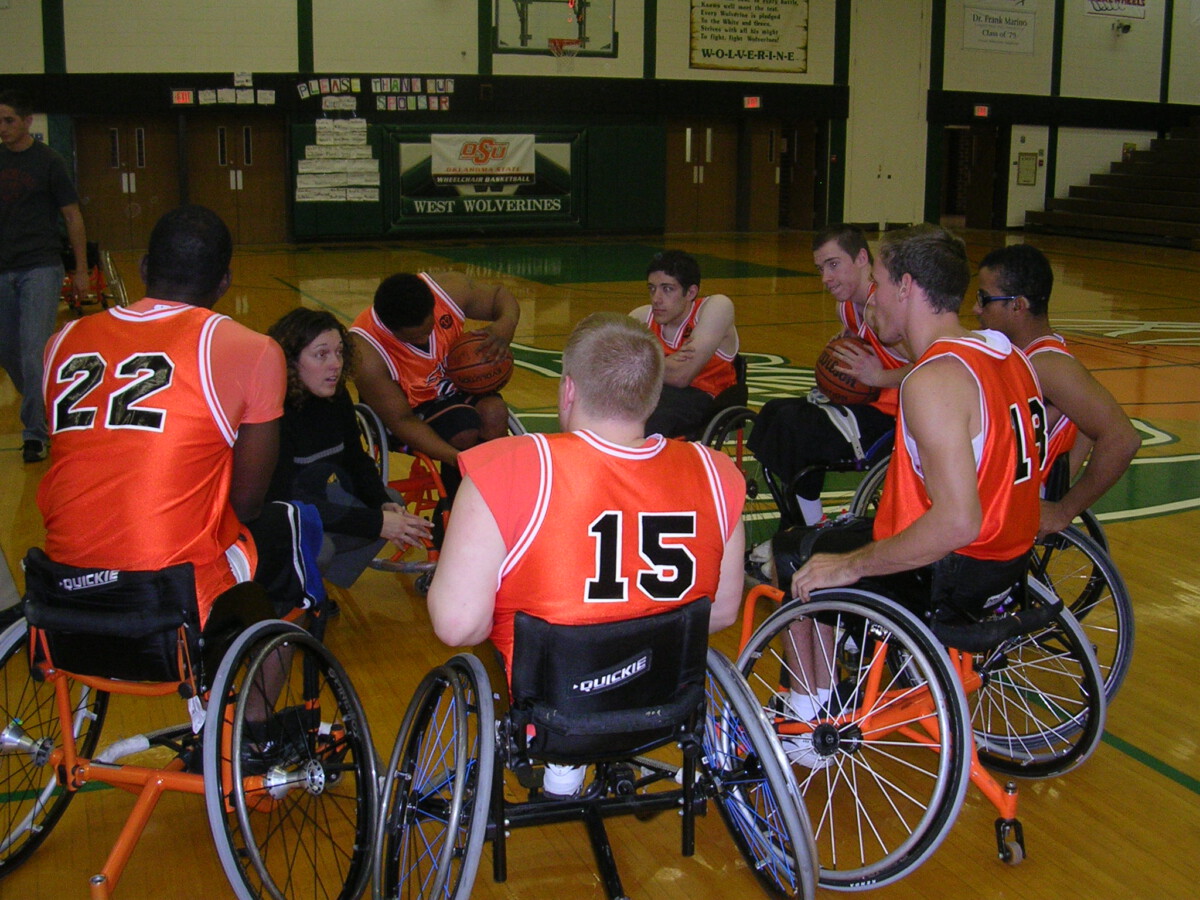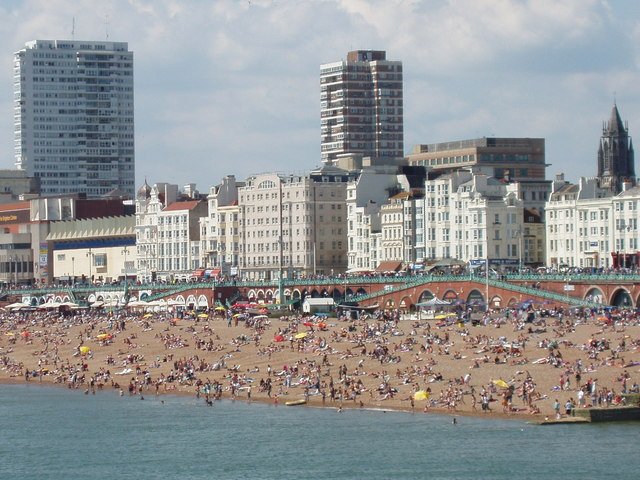Alabama: No Dominoes on Sundays

In Alabama, there’s an old law that prohibits playing dominoes on Sundays. This peculiar rule dates back to an era when many activities were restricted on Sundays to encourage rest and religious observance. The idea was to ensure that people spent the day in reflection rather than engaging in leisurely games. While the law might seem outdated today, it still stands as a reminder of the state’s historical priorities. Imagine trying to organize a weekend game night, only to be told that your dominoes session is illegal! Though rarely enforced, this law remains a quirky part of Alabama’s legal landscape.
Alaska: It’s Illegal to Wake a Sleeping Bear for a Photo

In Alaska, it’s illegal to wake a sleeping bear for the purpose of taking a photograph. This law highlights a significant concern for both wildlife conservation and human safety. Bears are majestic creatures, but they can be dangerous when startled. The law serves as a deterrent for those who might be tempted to get too close to these animals for a memorable snapshot. This regulation underscores the importance of respecting wildlife and maintaining a safe distance, preserving both the animals’ natural behavior and the safety of curious humans.
Arizona: No Donkeys Sleeping in Bathtubs

One of the most bizarre laws in Arizona is the ban on donkeys sleeping in bathtubs. This regulation stemmed from an incident in the 1920s when a rancher’s donkey slept in an old bathtub. A flash flood washed the tub and donkey into a basin, causing a costly rescue operation. As a result, the law was enacted to prevent such scenarios from happening again. While it may sound humorous, this law was designed to protect both animals and property from unforeseen disasters.
Arkansas: Pronunciation of the State Name

In Arkansas, there’s a law regarding the correct pronunciation of the state’s name. It is illegal to mispronounce “Arkansas” in a way that contradicts the state’s official pronunciation. This rule is rooted in the desire to preserve the cultural and historical significance of the state’s name, which is derived from the Native American Quapaw people and the French explorers. Ensuring that people pronounce the name correctly is a way to honor its origins and maintain respect for Arkansas’ heritage.
California: No Nuclear Weapons Allowed

In Chico, California, there is an ordinance that prohibits the manufacture, testing, maintenance, and storage of nuclear weapons. This law is a reflection of the city’s commitment to peace and safety. While it might seem redundant given federal regulations, the local law serves as a symbolic stance against nuclear proliferation. It’s a way for the city to express its values and align with global efforts to promote peace. Though the law may never be directly enforced, it represents a broader commitment to safeguarding the community.
Colorado: No Catapulting in Aspen

Aspen, Colorado, has a law that prohibits the use of catapults. This quirky rule is a nod to the town’s emphasis on safety and order. Although catapults are not a common sight in modern times, this law was likely put in place to prevent potential chaos and destruction. The regulation serves as a reminder of the importance of maintaining public safety and discouraging activities that could lead to harm or property damage. It’s a humorous yet effective way to ensure that residents and visitors alike adhere to community standards.
Connecticut: Pickles Must Bounce

In Connecticut, a pickle is only considered a pickle if it bounces. This law originated from a case in the 1940s where two men were selling inedible pickles. To ensure quality and prevent fraudulent sales, the state enacted this law requiring pickles to meet a certain standard of firmness. While it may seem unusual, the bouncing test is a unique way to ensure that consumers receive a product that is both edible and enjoyable. It’s an example of how consumer protection can sometimes take a quirky turn.
Delaware: Pawnbrokers Cannot Accept Wheelchairs

In Delaware, pawnbrokers are prohibited from accepting wheelchairs as collateral. This law underscores the importance of protecting individuals with disabilities and ensuring they have access to necessary mobility aids. By preventing the pawning of wheelchairs, the state aims to safeguard the rights and well-being of those who rely on these devices for their daily activities. It’s a thoughtful measure that reflects the state’s commitment to supporting vulnerable populations and preventing exploitation.
Florida: No Selling Children

In Florida, it is illegal to sell your children. While this might seem like an obvious rule, the law serves as a critical safeguard against human trafficking and exploitation. By explicitly outlawing the sale of children, Florida aims to protect minors from being treated as commodities. This law is part of a broader effort to uphold the rights and welfare of children, ensuring they are raised in safe and nurturing environments. It’s a serious regulation that emphasizes the state’s dedication to fostering family integrity and security.
Georgia: No Chicken Crossing

In Quitman, Georgia, it is illegal for chickens to cross the road. This law was likely introduced to prevent accidents and ensure public safety. While it might conjure images of the classic joke, the regulation serves a practical purpose in keeping both animals and drivers safe. By discouraging chickens from wandering into traffic, the town aims to reduce potential hazards and maintain order on the roads. It’s a whimsical yet effective way to address a unique aspect of community life.
These strange laws, still in effect across the United States, offer a fascinating glimpse into the historical, cultural, and social factors that have shaped each state. Whether they serve as a practical safeguard or a humorous relic of the past, each law tells a story about the values and priorities of the community it represents.




